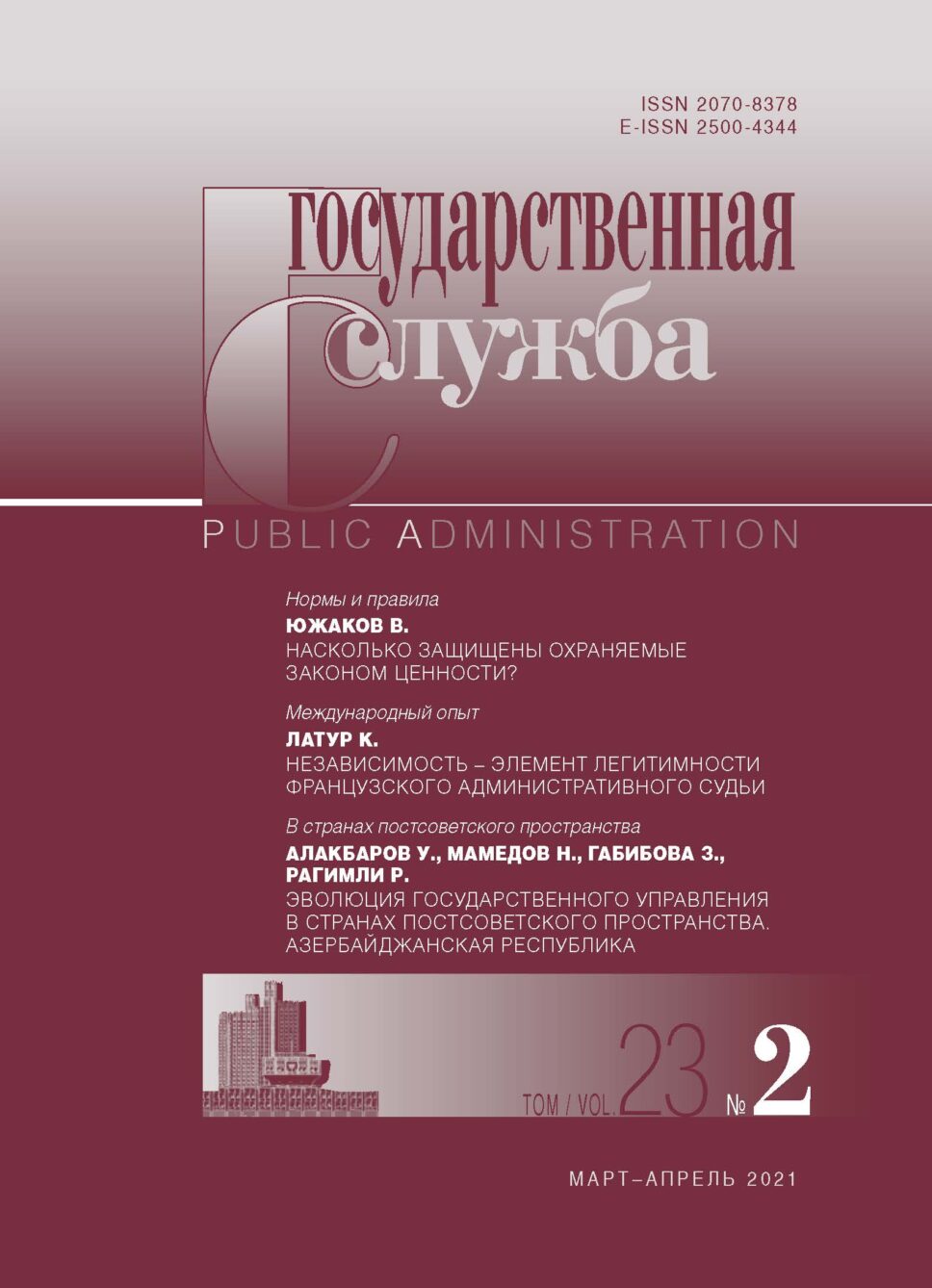Recommended link to article:
NATALYA VIKTOROVNA TROSHINAа
аResearch Institute of the University of the Prosecutor’s Office of the Russian Federation
DOI: 10.22394/2070-8378-2021-23-2-24-27
Abstract:
The author analyzes the problematic aspects of the prosecutor’s supervision over the observance of the labor rights of citizens involved in remote work and the temporary transfer of employees to remote work at the initiative of the employer in exceptional cases. During the spread of coronavirus infection (COVID-19), the legal regulation of teleworking is one of the most important aspects requiring special attention. In practice, remote work is connected with such difficulties as the discipline of workers. In the article, the author gives considerations regarding the workplace of a remote worker, highlights the rules for bringing an employee to disciplinary responsibility, and shows the means of regulating the labor discipline for teleworking employees. The author emphasizes that it is through the efforts of the employer that it is possible to increase the discipline of employees in remote work. The article describes the position of the Supreme Court of the Russian Federation regarding civil claims for reinstatement at work during the period of working remotely. Also, the author analyzes the state of legality in the field of labor relations. The article provides the author’s point of view concerning the application of labor legislation and the implementation of prosecutorial supervision in this field.
Keywords:
prosecutor, remote work, prosecutor’s supervision, employee, supervisory measures, employer, employment contract, local regulatory act, strengthening of law and order
Received:
March 19, 2021
References:
Bocharnikova M.A. Chapter 10. Specific circumstances for legal regulation of employment for some categories of workers. In: Features of legal regulation of labor relations for certain categories of workers: textbook. Edited by Yu.L. Orlovsky. Moscow, 2014. P. 109. In Russian
Chiranova I.P., Potapova S.M. Remote work as a new form of labor relations. Dnevnik nauki. 2019. No. 10 (34). P. 30. In Russian
Korshunova T.Yu. Remote work agreement as a way to formalize atypical labor relations. Zhurnal rossiyskogo prava. 2020. No. 2. P. 5. In Russian
Leskina E.I. On ensuring the labor discipline of a remote worker by the employer’s control means. Rossiyskiy yuridicheskiy zhurnal. 2018. No. 4. P. 7. In Russian
Remote work: pros, cons, technologies. Official website of the Volgograd Chamber of Commerce and Industry, 2015. http://volgogradcci.ru/page/udalennaya-rabota-plyusy-minusy-tekhnologii (date of access: March 09, 2021). In Russian
Review of the practice of the Supreme Court of the Russian Federation in civil cases on claims for reinstatement of June 18, 2020 No. 8-12-2020. In Russian
Review of the practice of courts in cases related to performing the labor activity by citizens in the regions of the Far North and equivalent areas, approved by the Presidium of the Supreme Court of the Russian Federation on February 26, 2014. In Russian
Review of the practice of prosecutors’ participation in civil and administrative cases related to protecting constitutional rights and freedoms of person and citizen, ensuring law and order in the context of the spread of a new coronavirus infection of October 19, 2020 No. 8-12-2020. In Russian
Statistical reporting in the form of ON “Supervision over the execution of laws, observance of human and civil rights and freedoms” for 2020. In Russian
The appeal ruling of the Kurgan Regional Court of June 11, 2015 on case No. 33-1534/2015. In Russian
Articles in Open Access mode are published under the Creative Commons Attribution 4.0 International (CC BY) license.

